
September 16, 2021 | The American Prospect
Closing the Revolving Door in Antitrust
Economic consulting firms hire former officials to undermine antitrust efforts. Here’s how to stop that.

September 09, 2021
Northwestern University Must Change Ethics Regime To Disclose Professors' Big Tech Ties, Letter Argues
The letter calls on the university to implement fair disclosure requirements for its faculty and condemn the unethical practices of former Pritzker Dean Dr. Daniel Rodriguez.

September 01, 2021 | The New Republic
Big Tech’s Attacks on Biden’s Anti-Monopoly Regulators Are a Joke
In a move cheered by progressives and antitrust reformers, President Biden has nominated Jonathan Kanter to serve as assistant attorney general for antitrust. Kanter’s nomination, alongside that of Lina Khan to lead the Federal Trade Commission earlier this year, is the latest sign that this administration is, for the first time in generations, fiercely committed to enforcing antitrust laws. However, this generation’s most notorious monopolies—Amazon, Facebook, and Google—are making it vividly clear that they will try anything to retain their power. That apparently includes lobbing poorly reasoned, transparently bad faith calls for their newly anointed foes to recuse themselves from relevant cases.
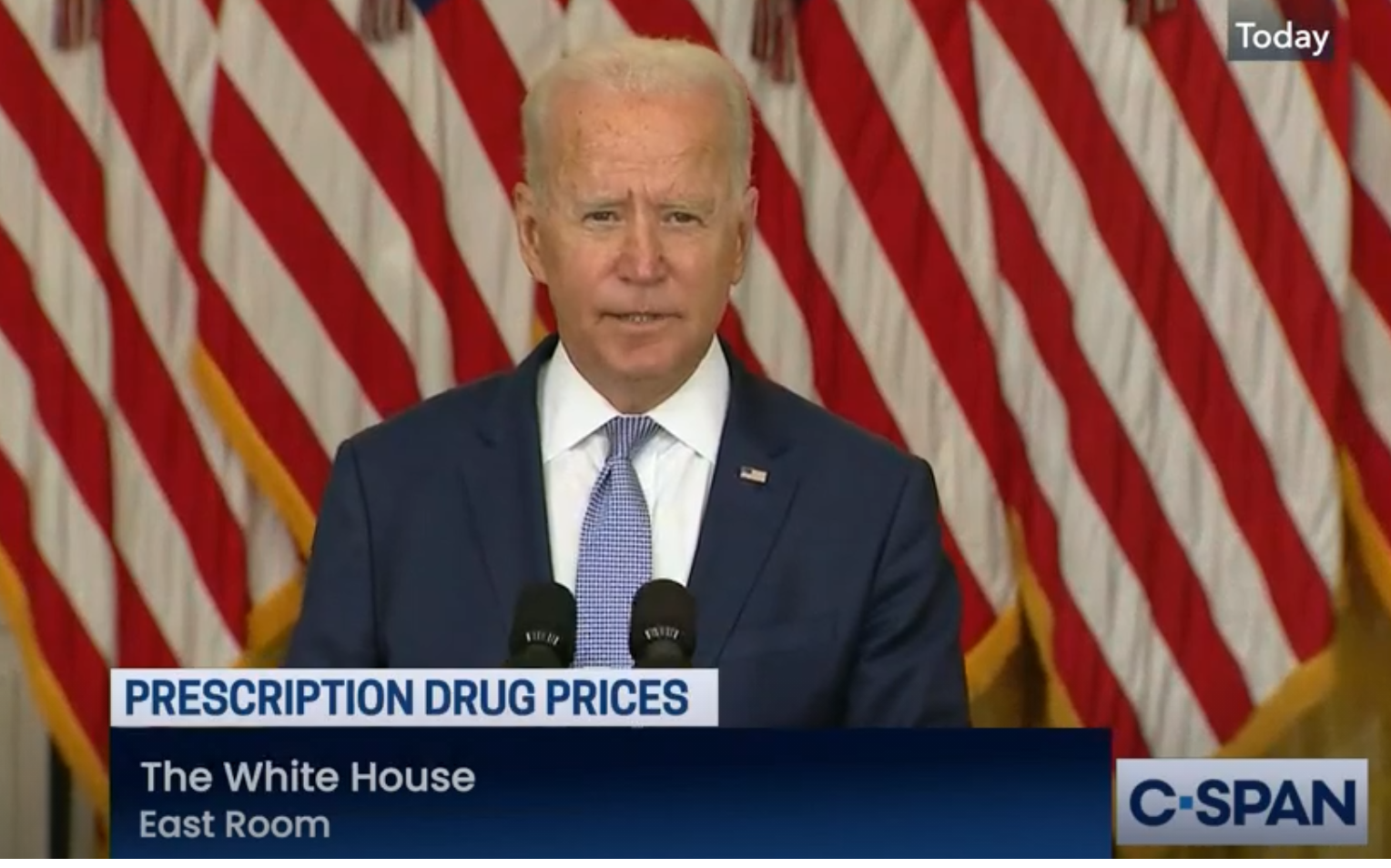
August 16, 2021
Pharma’s Revolving Door Jeopardizes Biden’s Promise To Lower Drug Costs
Personnel vacancies and Big Pharma allies in the Biden administration threaten a landmark executive order on competition.

July 29, 2021
Biden's Executive Order Promises Relief For Farmers. Will It Deliver?
The administration’s staffing vacancies could undermine Biden’s promise to help family farms fight Big Ag monopolies.

July 22, 2021
The Industry Agenda: Big Pharma
In 2019, Gallup found that the pharmaceutical industry was “the most poorly regarded industry in Americans’ eyes,” and rightfully so. Pharmaceutical companies often set drug prices exorbitantly high, including life-saving drugs which patients literally cannot go without, such as insulin. This includes older drugs that are cheaper to produce — such as epinephrine (emergency medication used to treat severe allergic reactions and asthma attacks). These firms achieve this by stifling competition at the consumer’s expense, jealously protecting their money-makers from the generics which the pharmaceutical system is supposed to develop after a patent expires.

July 15, 2021 | The American Prospect
To Build Back Better, Biden Needs to Promptly Staff the Department of Justice
Numerous positions are vacant, threatening progress in a host of areas.

June 15, 2021
Other Bold Nominees Must Follow Khan To DOJ And FTC
Lina Khan alone cannot bring in a new age of American trust-busting. Biden still has yet to name his assistant attorney general for antitrust halfway through his first year in office.
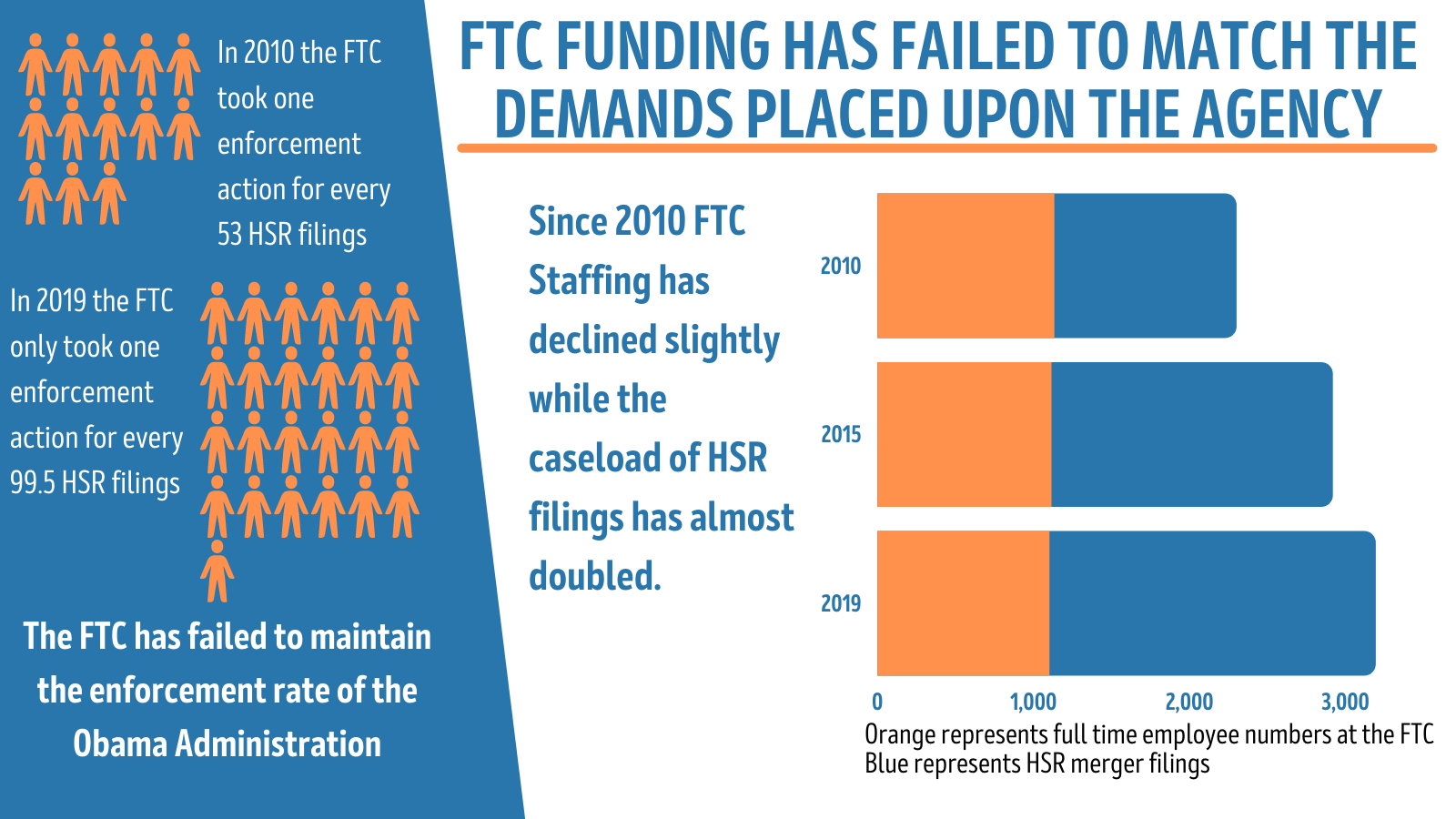
May 28, 2021
Hobbled FTC Lacks Budget To Combat Corporate Buying Spree
Progressives have been encouraged by President Biden’s choices of anti-monopoly leadership in Lina Khan, Tim Wu, and (potentially) Jonathan Kanter. But in the interregnum between personnel announcements and actual confirmations, corporations are getting as many transactions done now as possible. And while the Biden Administration seems on the precipice of reining in the power of Big Tech and other monopolists soon, the FTC, one of the two agencies charged with enforcing antitrust law, continues to be hobbled by chronic underfunding.
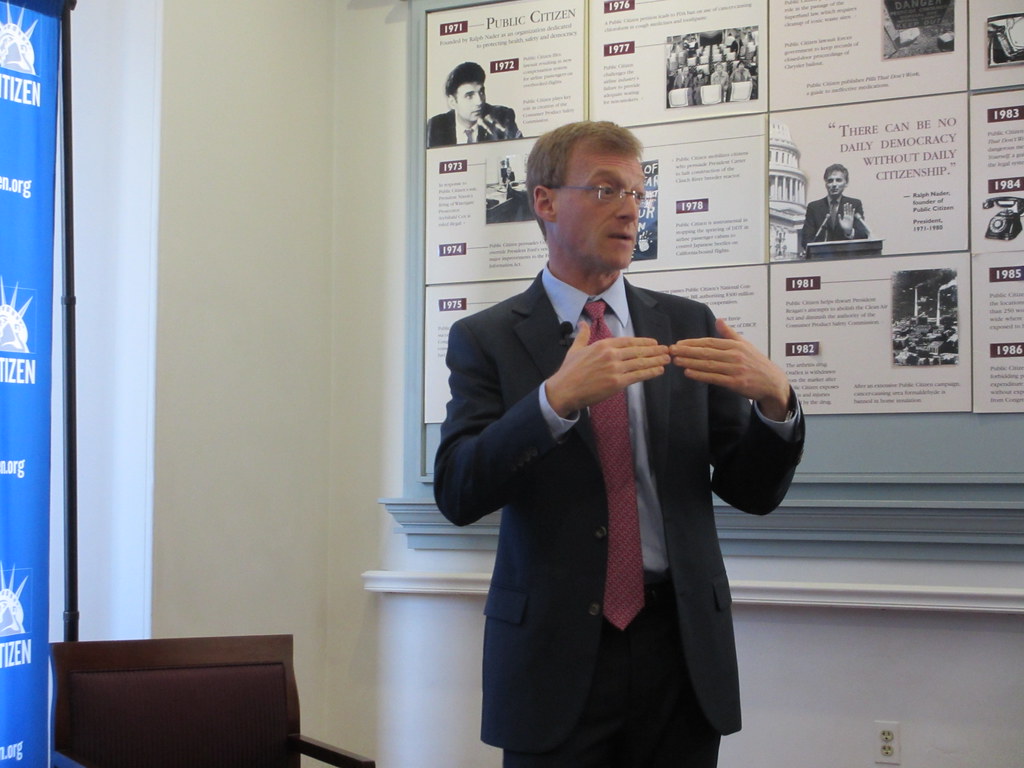
May 17, 2021
Revolver Spotlight: Howard Shelanski
Shelanski, Obama’s second OIRA administrator, now represents monopolies like Facebook and Tyson Foods. His regulatory skepticism and disdain for the emerging antitrust movement would make him a disastrous pick for any role in the Biden administration.

April 19, 2021 | The Daily Beast
Silicon Valley’s Favorite Fixer Aims to Stop the Rising Left
But the old guard continues to wield significant power and will be hard pressed to admit defeat, as exemplified by political strategist Bradley Tusk’s continued success. Some might recall Tusk as New York Mayor Bill De Blasio’s biggest critic. Others know him best as Silicon Valley’s favorite political fixer. Teachers’ unions probably remember him comparing them to the NRA. Tusk’s particular brand of politics—lobbying against regulation on behalf of companies he then invests in—in some ways represents the last gasp of corporate control over government that has run rampant since the Reagan era.
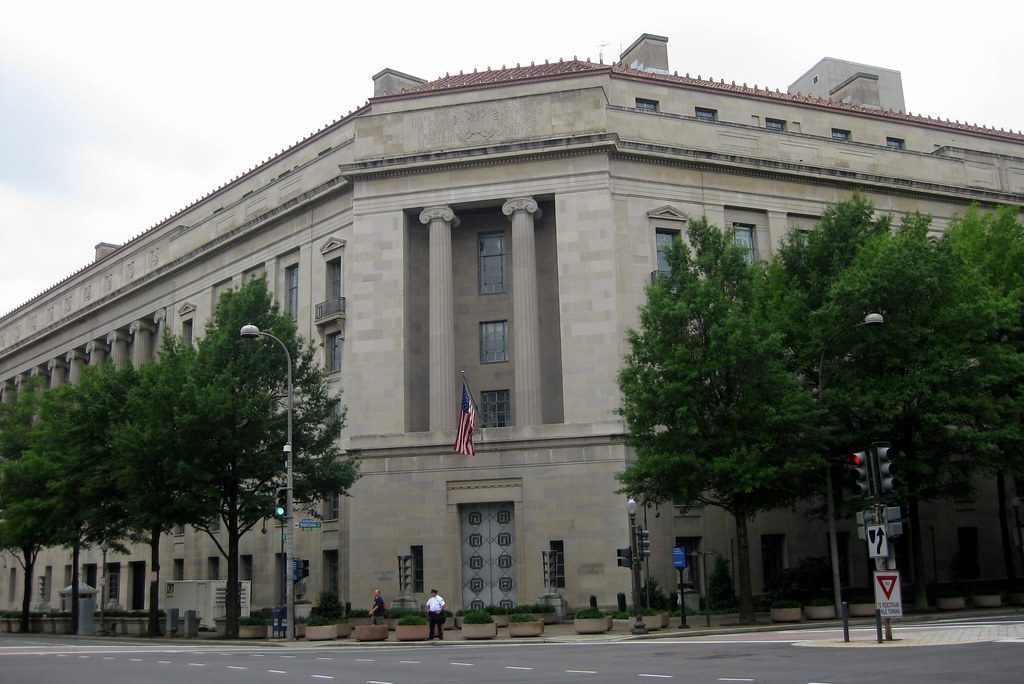
March 31, 2021
Facebook Strengthens Defenses Against Break Up By Hiring Another DOJ Antitrust Official
Another day, another former antitrust enforcer defecting for the corporate world. In the months since President Joe Biden promised to pursue more aggressive antitrust enforcement, former antitrust officials have become an even hotter commodity in the private sector. Douglas Rathbun is the latest official to jump ship from the increasingly central world of antitrust enforcement to the more lucrative world of defending the status quo. Rathbun is a former counsel for the Antitrust Division’s Office of Legal Policy and has advised the Division on administrative and regulatory matters as well as guided nominees to senior leadership positions. According to his LinkedIn, Rathbun elected to cut out the BigLaw middleman and join a corporation directly: this month he joined Facebook to work on public policy.
March 16, 2021
Revolver Spotlight: Einer Elhauge
Reports that Harvard Law Professor Einer Elhauge is being considered for a role in the Biden Administration should be treated with extreme caution due to his history of ties to Big Tech and work for the Republican Florida legislature in 2000. Although we at RDP applaud Elhauge’s recent pivot to support strengthening antitrust laws, we urge the Biden Administration to hold appointees to the highest possible standard. In particular, helping promulgate the absurd theory in 2000 that state legislatures can overrule elections conducted under laws they have passed should be disqualifying for any individual attempting to serve in the Biden Administration.
March 09, 2021
Letter To Biden Chief of Staff Ron Klain Regarding Amazon And Google Influence Over Antitrust Appointments
It is precisely Amazon’s monopolistic power which gives us concern. Such a powerful corporation will no doubt expend enormous political and economic capital to limit the power of anti-monopoly forces and their ability to curb its power.
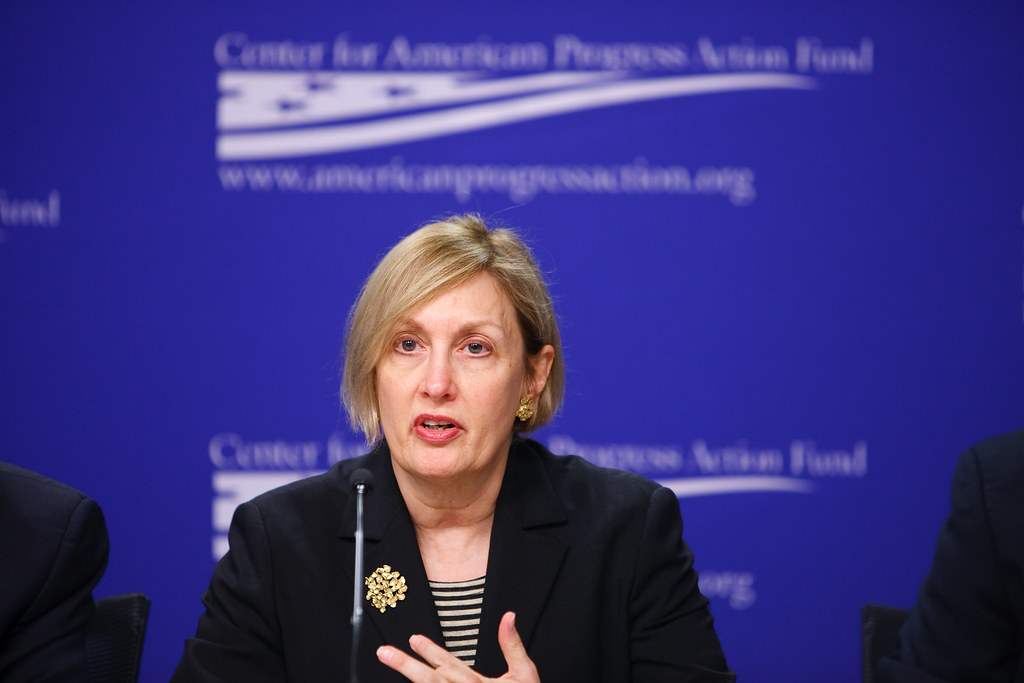
February 23, 2021 | Jacobin
INTERVIEW: Who Is Merrick Garland's Friend Jamie Gorelick?
Jamie Gorelick, a high-powered lawyer who defended the city of Chicago after the police murder of Laquan McDonald and sits on the board of Amazon, is a case study of the influence big corporate law firms wield behind the scenes in Washington — and she has friends like Merrick Garland in high places in the Biden administration. The Revolving Door Project’s Elias Alsbergas and Max Moran spoke with Jacobin’s Alex N. Press about what Gorelick’s ties to Garland could mean for the Biden Administration’s Justice Department.
